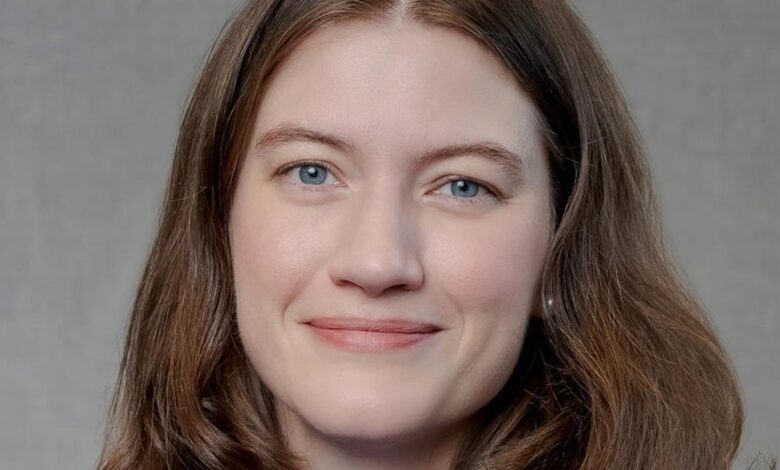Why JPMorgan hired NOAA’s Sarah Kapnick as chief climate scientist

Sarah Kapnick, a former investment banking analyst for Goldman Sachs, has always been intrigued by the intersection of financial growth and climate change. Recognizing the lack of client advisory around this theme, Kapnick saw an opportunity to bridge the gap between climate science and finance. With a background in theoretical mathematics and geophysical fluid dynamics, she was uniquely positioned to take on this challenge.
Her journey led her to the National Oceanic and Atmospheric Administration (NOAA), where she delved deeper into climate science. In 2022, Kapnick was appointed NOAA’s chief scientist before being hired by JPMorgan Chase as the global head of climate advisory in 2024. Unlike the common role of chief sustainability officer, Kapnick’s position at JPMorgan focuses on providing clients with climate expertise to understand the risks and opportunities associated with climate change.
In a recent interview with CNBC, Kapnick discussed her role at JPMorgan and how she advises clients on climate-related matters. She highlighted the importance of integrating climate science into business operations and investment decisions. Kapnick works collaboratively with various teams at JPMorgan, leveraging her expertise in science, technology, policy, and security to deliver comprehensive solutions to clients.
One of the key areas where Kapnick’s expertise comes into play is in assessing wildfire risk. Clients seek her guidance on understanding the evolving nature of wildfire risk, adapting building codes, and making strategic investments to mitigate vulnerabilities. By analyzing data and modeling different scenarios, Kapnick helps clients make informed decisions on when and where to invest based on future climate conditions.
Despite challenges posed by cuts to government data sources, Kapnick remains optimistic about the availability of credible data from the private sector. She acknowledges the need for clients to adjust to this new landscape and advises them on how to assess the credibility of data sources. Kapnick emphasizes the importance of staying informed and proactive in navigating the complexities of climate change and its impact on finance.
In conclusion, Kapnick stresses that climate change is not a distant future threat but a present-day reality that is already impacting the bottom line. Her expertise in climate advisory serves as a valuable resource for clients looking to navigate the challenges and opportunities posed by climate change in the financial sector.




